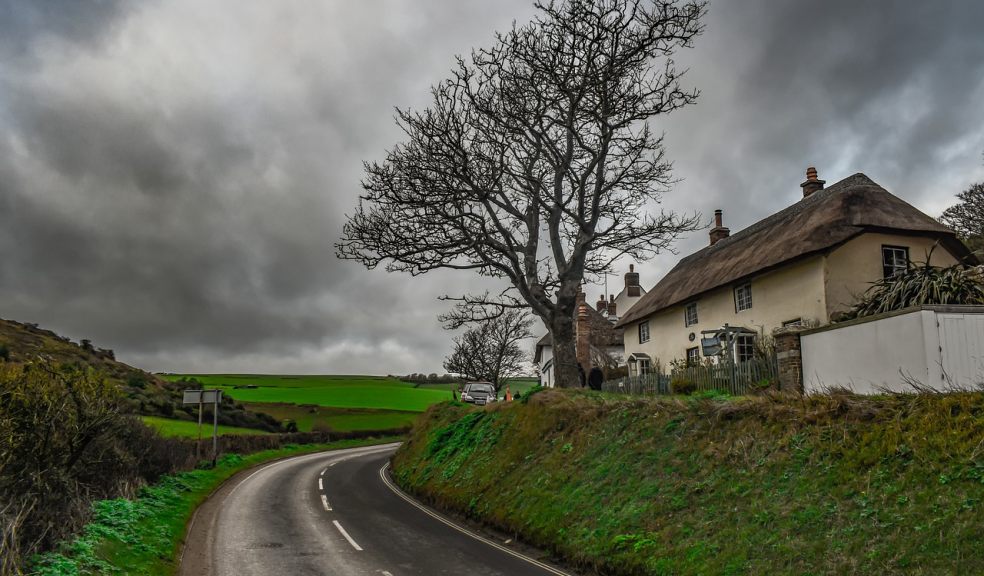
3 things you should know before purchasing a rural property
Unless you are very much into city living, many of us dream of residing in the gorgeous countryside with plenty of space for the whole family to enjoy. It is easy to get carried away with the idealistic dream of rural living, but it is essential to focus on the realities of day-to-day life, as well as any issues that may be part and parcel of the countryside lifestyle.
If you are keen on making a new life in a rural area in the very near future, what are the key factors you need to keep in mind in order to make the right decision for your family?
Take the location into account
Similarly to as you would in town or city neighbourhoods, you perhaps need to think more strategically about whether the rural area of your choosing will give you the lifestyle you are hoping for. Are there any nearby schools for the children, shops or local cafes or restaurants and bars to meet friends? While some of these aspects may not necessarily be of importance to you, it is still worth thinking about for the long-term future. You also need to take into consideration whether the road quality and access is adequate leading up to the property. Be aware that rural areas usually come with their own utility issues, such as waste and recycling disposal, as well as weak broadband and phone signals. Despite all of these minor cautions, scientists have demonstrated that living in the countryside can have a real positive boost on mental health.
Determine the suitable size of the property
Before you make any hasty decisions as to whether invest in a rural property, you need to determine whether the size of the property is suitable for your family. If you are a cash buyer, it seas to search the market to find an option that matches up with your exact budget, but you may need another funding method. However, don’t get too carried away with your desired scale of the property, as you may underestimate how much time and effort is needed for the upkeep – especially the land that often comes with it.
On the other hand, plenty of land may be one of the main reasons for moving to a rural area, especially if you are planning on setting up a farming or agricultural business. Farming equipment can be extremely expensive, but be assured that you can buy affordable farm machinery second-hand from Midlands Agriplant as a way of keeping the costs down during the early stages of your start-up.
Understand what is involved with the transaction
It is essential that all those concerned with the sale of the property are in the know about what is included within the transaction. As rural properties have a great deal of land with little or no neighbours, it can be hard to determine who owns certain features – for example, fences, livestock, sheds, feeders, fences and gates. Be sure to question any outdoor objects you happen to notice during the property viewing before you sign the contract.
Likewise, there is nothing worse than finding out that the land you thought you owned isn’t yours at all. Unless a survey is carried out, you may still be left unaware as to whether the surrounding land to the property is in your ownership. Knowing your property boundaries will prevent any disputes later down the line.



















